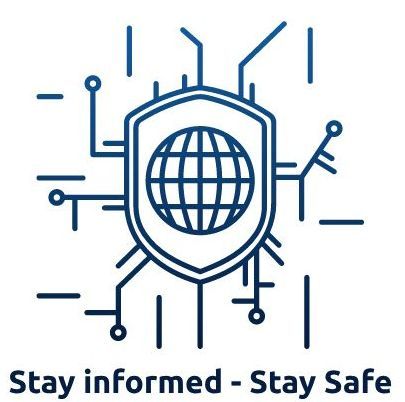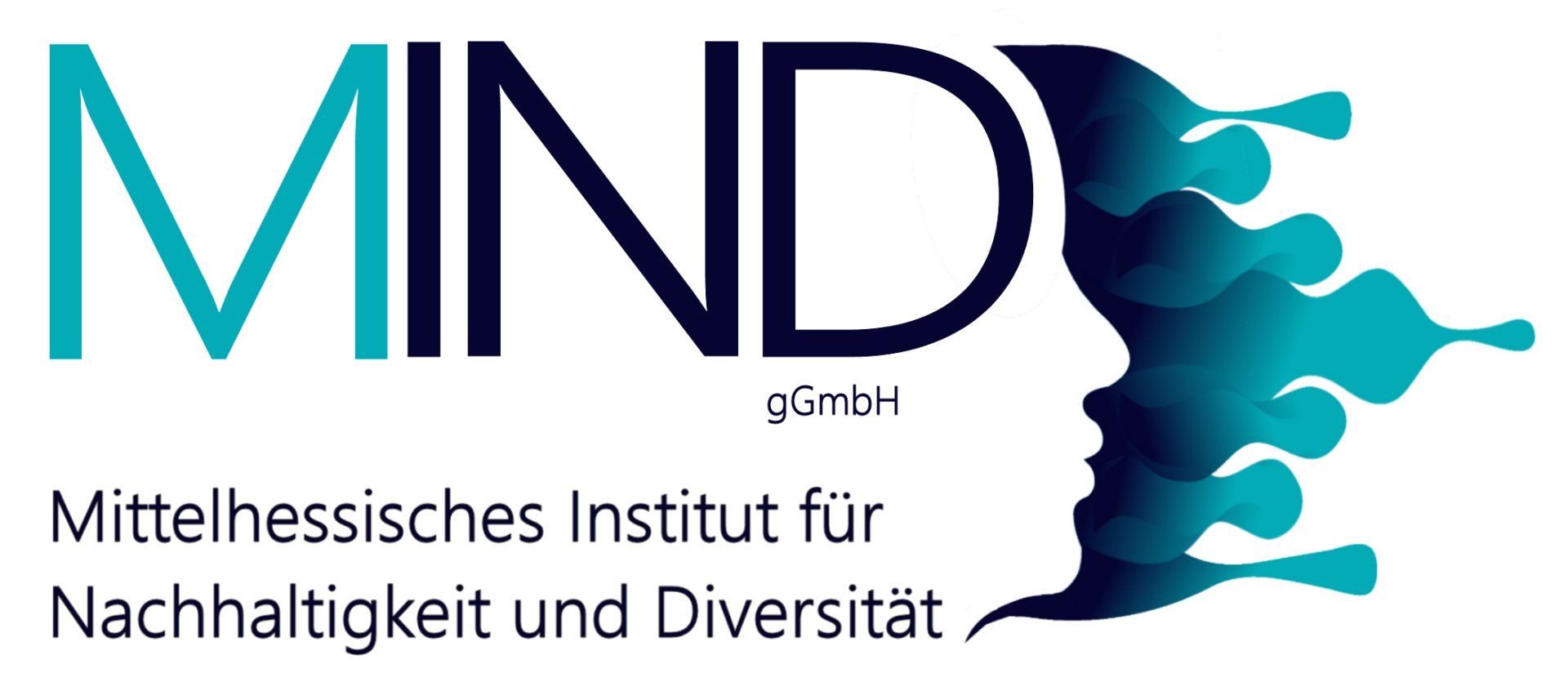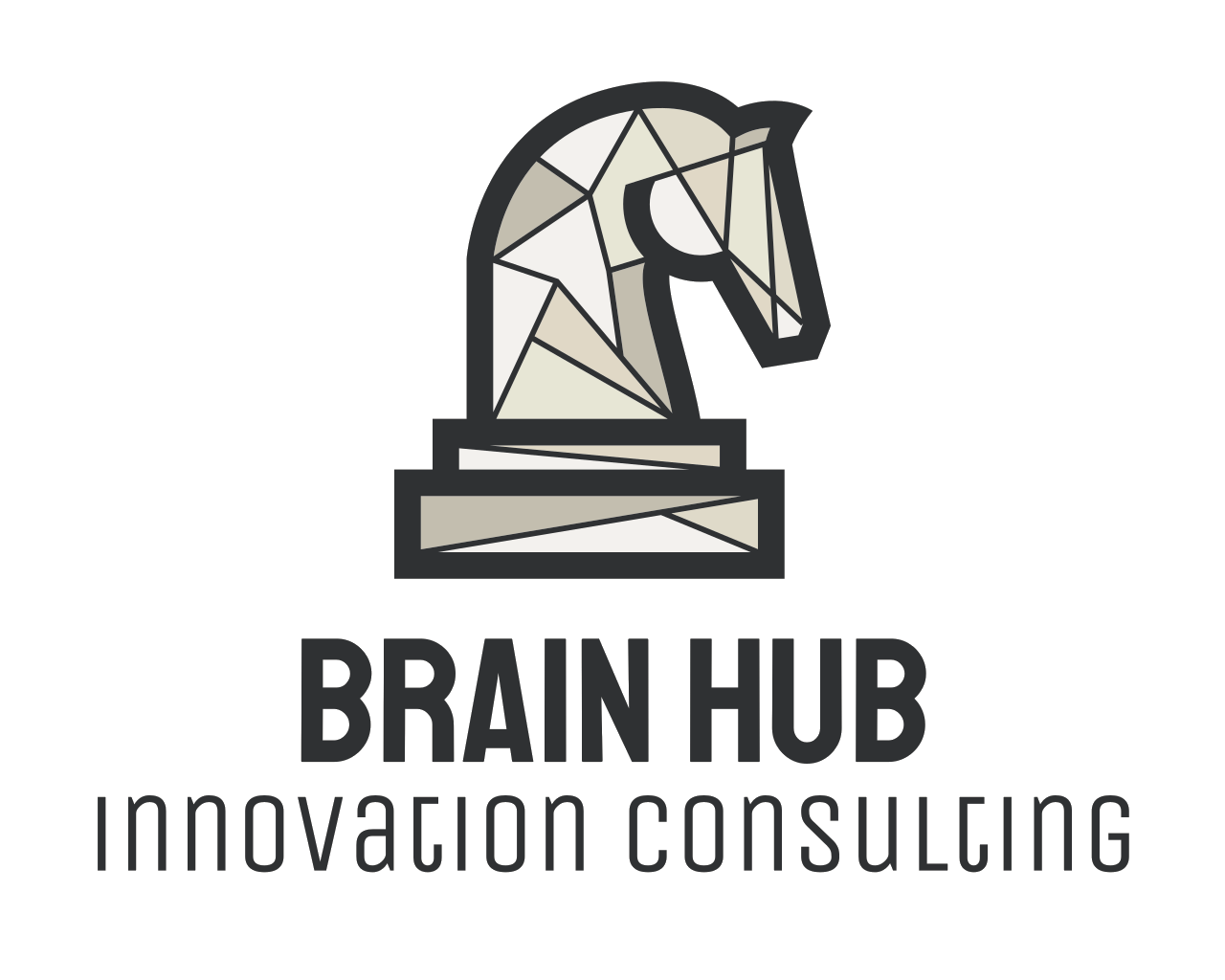Image: freepik.com@freepikext
Stay Informed - Stay Safe
As part of a small-scale partnership, funded by the Erasmus+ program of the European Union, we work together with our partner Brain Hub on the topic of "Stay safe online" for older - and especially low-literate - adults.
While young people adapt more easily and quickly to the digital age, acquiring digital skills and using online (news) services safely is a greater challenge for many older people. Of course, this also includes the multitude of online news sources that lead to large-scale disinformation, including misleading and false information, as well as online fraud that takes place via the Internet or email, including crimes such as identity theft, phishing and other hacking-activities.
Except from digital illiteracy, another interesting factor that has been highlighted in recent studies about online fraud victims and people who share fake news, is age. People 65 years of age and over are seven times more likely to share fake news than those aged 18-29. Especially during the pandemic period, both the spread of fake news and internet fraud have increased enormously, which has prompted our project partner from Greece and us to develop an information and training campaign for this target group.
In order to help adults with low digital skills, and especially older people, to feel safer when using the Internet and to raise their awareness of cybercrime, Brain Hub and MIND are developing and pilot testing target group-specific training courses on these topics. The materials will then also be made available to other institutions that are active in adult education.
Stay Informed - Stay Safe
As part of a small-scale partnership, funded by the Erasmus+ program of the European Union, we work together with our partner Brain Hub on the topic of "Stay safe online" for older - and especially low-literate - adults.
While young people adapt more easily and quickly to the digital age, acquiring digital skills and using online (news) services safely is a greater challenge for many older people. Of course, this also includes the multitude of online news sources that lead to large-scale disinformation, including misleading and false information, as well as online fraud that takes place via the Internet or email, including crimes such as identity theft, phishing and other hacking-activities.

Except from digital illiteracy, another interesting factor that has been highlighted in recent studies about online fraud victims and people who share fake news, is age. People 65 years of age and over are seven times more likely to share fake news than those aged 18-29. Especially during the pandemic period, both the spread of fake news and internet fraud have increased enormously, which has prompted our project partner from Greece and us to develop an information and training campaign for this target group.
In order to help adults with low digital skills, and especially older people, to feel safer when using the Internet and to raise their awareness of cybercrime, Brain Hub and MIND are developing and pilot testing target group-specific training courses on these topics. The materials will then also be made available to other institutions that are active in adult education.
Image: freepik.com@freepikext

Stay Informed - Stay Safe
As part of a small-scale partnership, funded by the Erasmus+ program of the European Union, we work together with our partner Brain Hub on the topic of "Stay safe online" for older - and especially low-literate - adults.
While young people adapt more easily and quickly to the digital age, acquiring digital skills and using online (news) services safely is a greater challenge for many older people. Of course, this also includes the multitude of online news sources that lead to large-scale disinformation, including misleading and false information, as well as online fraud that takes place via the Internet or email, including crimes such as identity theft, phishing and other hacking-activities.
Except from digital illiteracy, another interesting factor that has been highlighted in recent studies about online fraud victims and people who share fake news, is age. People 65 years of age and over are seven times more likely to share fake news than those aged 18-29. Especially during the pandemic period, both the spread of fake news and internet fraud have increased enormously, which has prompted our project partner from Greece and us to develop an information and training campaign for this target group.
In order to help adults with low digital skills, and especially older people, to feel safer when using the Internet and to raise their awareness of cybercrime, Brain Hub and MIND are developing and pilot testing target group-specific training courses on these topics. The materials will then also be made available to other institutions that are active in adult education.






